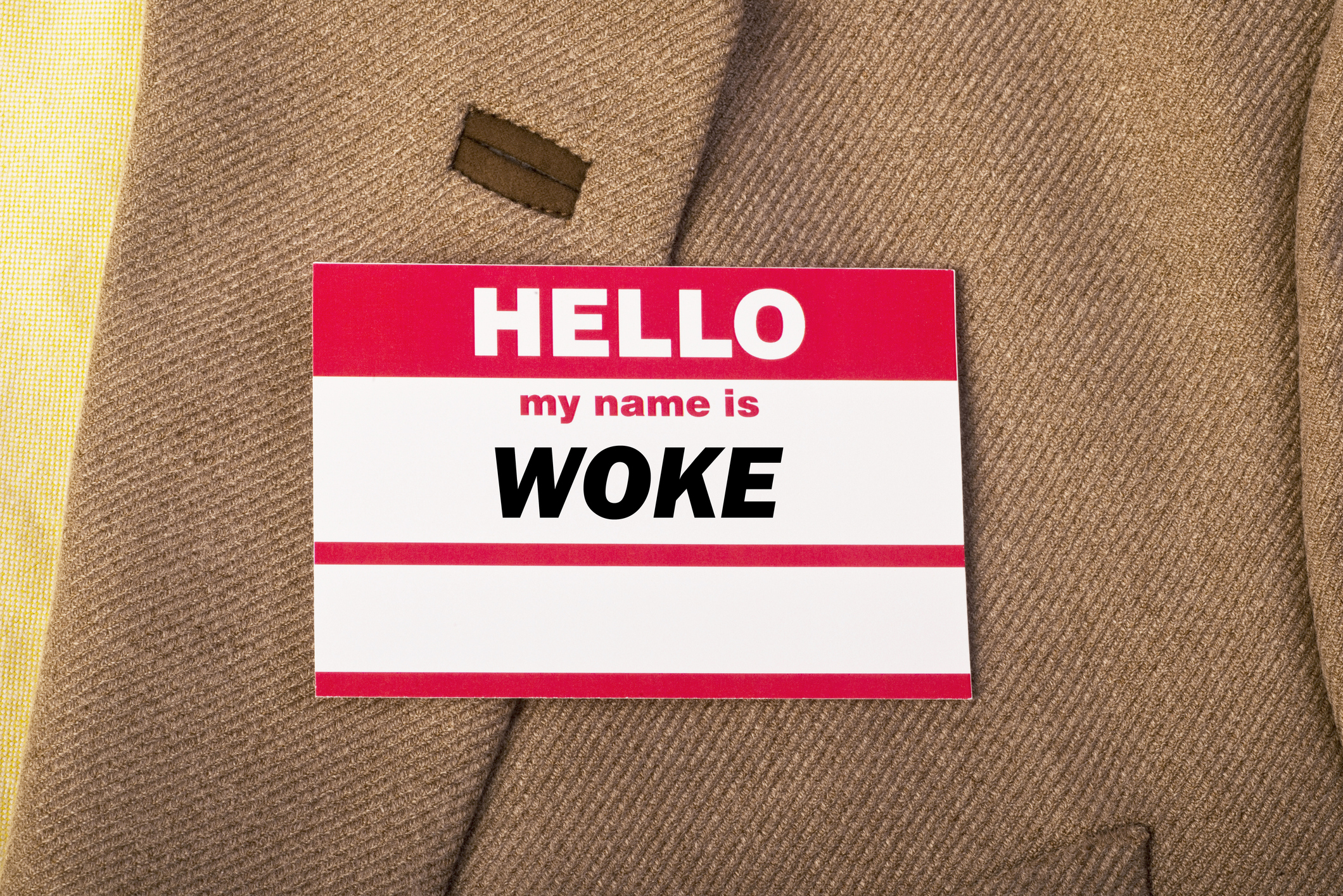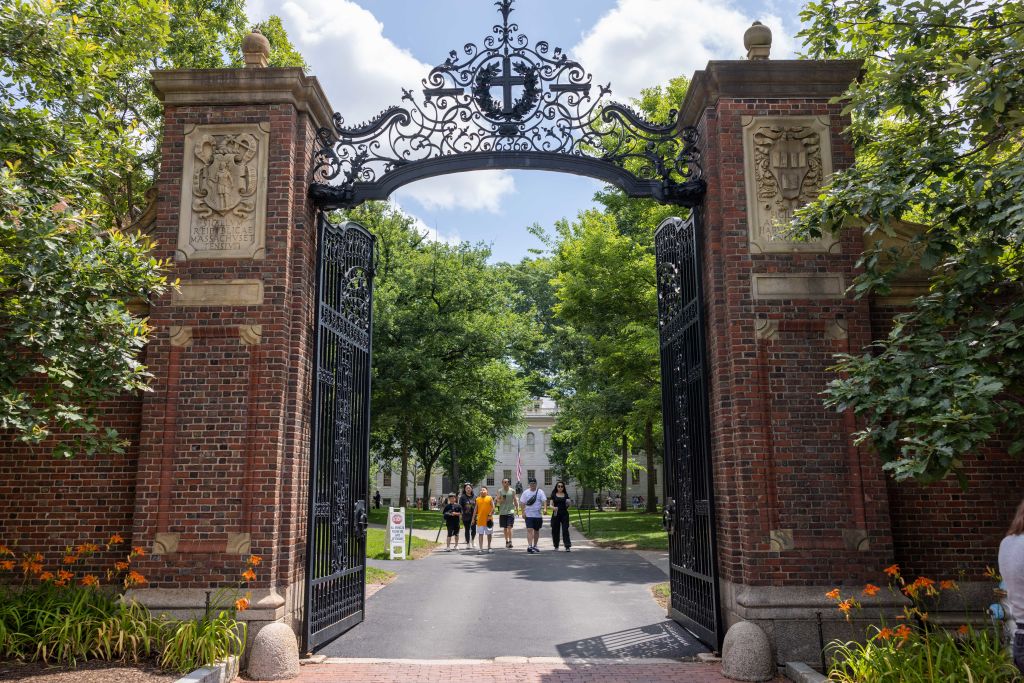The injustice collectors pick up another pet indignation.
Sociology’s Descent Into Woke Satire

A once-great discipline falls into disrepair.
Most casual observers, especially those with even slight conservative leanings, would agree that sociology is obviously left-wing. But this wasn’t always the case. When I began my sociology graduate work in the early nineties, it was the classical spirit of the discipline that drove me. There was then enough of the residue of what the discipline had been at its origins to enable idealistic souls like myself to imagine that sociology was still about uncovering the objective realities of social life, rather than simply producing a radical mythology that denounced all that existed and preached the necessity of total revolution.
Radical Marxist approaches were certainly there from the beginning. But many of these had at least the patina of intellectual seriousness and required substantive efforts to challenge and dismantle. However much one disagreed with Marx, for example, one could not reasonably call him a fool and a charlatan, at least if one had read him. He was wrong, but not obviously ignorant of basic things and oblivious to the requirements of argument and evidence.
Today’s sociology is so patently devoid of any intellectual rigor that most of it evokes only contemptuous laughter. The arguments advanced, the “evidence” mustered to support its partisan claims, are so weak that it is genuinely amazing to realize that the people making these cases have spent many years in educational institutions and yet have come away from all that with either no understanding of or an utter contempt for careful and rigorous argument.
Sociology Advertises Its Product
For example, the American Sociological Association (ASA) offers a series of video shorts titled “Sociological Insights.” These clips feature sociologists presenting their research in brief, visually engaging morsels. They are intended to provide an introduction to sociological reasoning and analysis. But the viewer who is not already converted to the Woke cult to which the ASA gives its allegiance can be forgiven for thinking, on watching a selection of the videos, that they were made by an enemy of sociology, as a wickedly humorous satire of the discipline.
In “Studying While Hungry,” Sarah Goldrick-Rab claims that half of American undergraduate students suffer from “food insecurity,” while 10 percent are homeless. “Food insecurity” is never defined in the video, but in a recent book on the topic for which Goldrick-Rab wrote the foreword (Food Insecurity on Campus) this is the definition given: “Limited or uncertain availability of nutritionally adequate and safe foods or ability to acquire such foods in a socially acceptable manner.” The looseness of the definition is worth noting. Who has unlimited availability of nutritionally adequate and safe food? No one. So how do we decide which limits on the availability of such food are significant enough to class someone as intolerably exposed? That is presumably left for the researcher to decide.
The population of Americans who enroll in any post-secondary institution of education is skewed heavily toward the more well-off segment of our society. Nearly 90 percent of students from the upper third of the American socioeconomic hierarchy attend college. Less than two-thirds of students in the middle third, and only about half of those in the lower third, do likewise. The population of college students in the U.S., in other words, is drawn mostly from the upper half of the social class system. The assertion that these people are suffering deprivation at the levels Goldrick-Rab claims beggars belief. Indeed, the evidence indicates that both “food insecurity” and homelessness are present in the entire American population at much lower rates than claimed for just college students. The highest estimate of food insecurity I found in the whole country was one in four, and American homelessness has recently increased to about one in a thousand. Yet, somehow, both are present in a materially advantaged subpopulation with much greater frequency. It makes no sense at all. And Goldrick-Rab does not even allude to the oddness of her claim, knowing that most of those who will be bothered to watch her video already agree in advance with her dire, surrealistic view of American society.
Goldrick-Rab offers the following “solution” to the problem she thinks she has uncovered: college professors should “engage the lessons from my research” by putting a statement on their syllabus saying, “If you’re having trouble getting enough food to eat, or you don’t have a safe place to sleep, I encourage you to seek the following campus resources. List the resources…. And if you’re willing to share this information with me as well, I would be happy to talk with you about it so that I can become a better teacher for you.” It is of course utterly unclear how that pedagogical adjustment would change the material situation of deprivation that supposedly exists.
In Food Insecurity on Campus, college food security is presented in the book’s opening pages with an empirical example that is more revealing of the truth than anything Goldrick-Rab says in this video. It is of an African-American woman in a community college in Massachusetts, with a four-year-old child. The woman in question describes how she was instructed to file for food stamps by an official at her college, yet she inexplicably failed to put her daughter on the account and so the amount of food she could receive was calibrated for one person. The student goes on to explain that this is simply not enough food for herself, her child, and her live-in girlfriend, who apparently contributes no income toward food in the family. This lead example in a book on the topic is experiencing food insecurity, to be sure, but largely through her own bad decision-making and incompetence. Goldrick-Rab tellingly provides no case studies in the video.
The same dim credulity is found across the ASA collection. In “Climate Change and Polarized America,” for example, Aaron McCright claims to have found that the normal correlation between increasing scientific literacy and “belie[f] in the existence of environmental problems [caused by humankind]” breaks down when you look at Republicans. The only explanation, he says, is “confirmation bias,” in which those on the Right interpret information in such a way as to confirm their prior beliefs. He seems not even to have considered the logical possibility that this is also happening on the Left (and in fact we know it is). Likewise, the possibility that the scientific evidence itself, of which more literate subjects know more about, might be tainted by ideological biases seems to have eluded him entirely. McCright, like most of his sociological brethren, just assumes that the scenario on the Left is the “normal” one.
In “The Gospel of the Flag,” Andrew Whitehead endeavors to convince us that Christian nationalism skews beliefs about policy in factually distorted ways. For example, those who embrace Christian nationalism are more likely than others to believe that there is no good evidence of racial bias against blacks in policing. Whitehead’s unspoken assumption—he does not discuss the matter at all beyond mentioning its correlation with Christian nationalism—is that this is self-evidently false. Yet meticulous research has shown that there is no evidence of racial bias in police shootings of suspects, and there exists evidence to suggest that blacks resist arrest substantially more frequently than whites do, which would certainly affect the likelihood of discrepancies in how police respond.
In “Learning to Hate,” Peter Simi investigates the processes by which individuals adopt hateful ideologies. Predictably, the only images in the video are of racist white nationalist groups such as the Ku Klux Klan. Anti-Semitic black groups such as the Nation of Islam and the New Black Panther Party are absent in his treatment. No mention is made of the tiny numbers of all these groups. The Klan, for example, makes up somewhere around 0.00001 percent of the American population. (The Nation of Islam, on the other hand, might be as much as ten times more numerous.) According to Simi, how do such individuals come to their ideologies? It is through failings in their “childhood and adolescence…[that] they are experiencing a lot of [familial] instability…high rates of drug abuse…sexual abuse…parental incarceration.” Simi seems not to have recognized that he has found that the cause of the right-wing hate that so exercises him is…social pathologies (familial breakdown, drug abuse, increases in sexual and other crimes) connected to the institutionalization of elements of the radical counterculture of the 1960s, which was undertaken by his ideological allies on the Left.
The Decline of Sociology
Sociology was once a formidable intellectual discipline. Those days are long past now. The sociology that attracted me to this field—a form of analysis that took on complex and contested questions with an open-ended and objective rigor, prepared to consider all reasonable hypotheses and all evidence prior to carefully presenting arguments—has almost entirely been replaced by the laughable phenomenon documented above.
The “Sociological Insights” videos are the discipline advertising itself to the public. They are not a random collection of undergraduate student papers, the inferior quality of which could be understood by the academic status of the people who produced them. The discipline’s professional organization selected this work specifically to show the public what it sees as the strengths of the sociological perspective. The people self-presenting as experts in these videos are in tenured faculty positions at high-ranking universities. They are publishing in the discipline’s top journals. This is a startling testimony to the collapse of the discipline. This pathetic, simple-minded groupthink is the best sociology has to offer.
The American Mind presents a range of perspectives. Views are writers’ own and do not necessarily represent those of The Claremont Institute.
The American Mind is a publication of the Claremont Institute, a non-profit 501(c)(3) organization, dedicated to restoring the principles of the American Founding to their rightful, preeminent authority in our national life. Interested in supporting our work? Gifts to the Claremont Institute are tax-deductible.
Razing higher education won’t destroy the New Girl Order.
President Trump's CPAC speech lays out how the country can prosper like never before.
More citizens are rejecting the woke gods in favor of the God of old America.
A self-obsessed leadership class brings ruin upon itself.
It doesn’t matter if Big Tech’s conversion to the Right is genuine.






